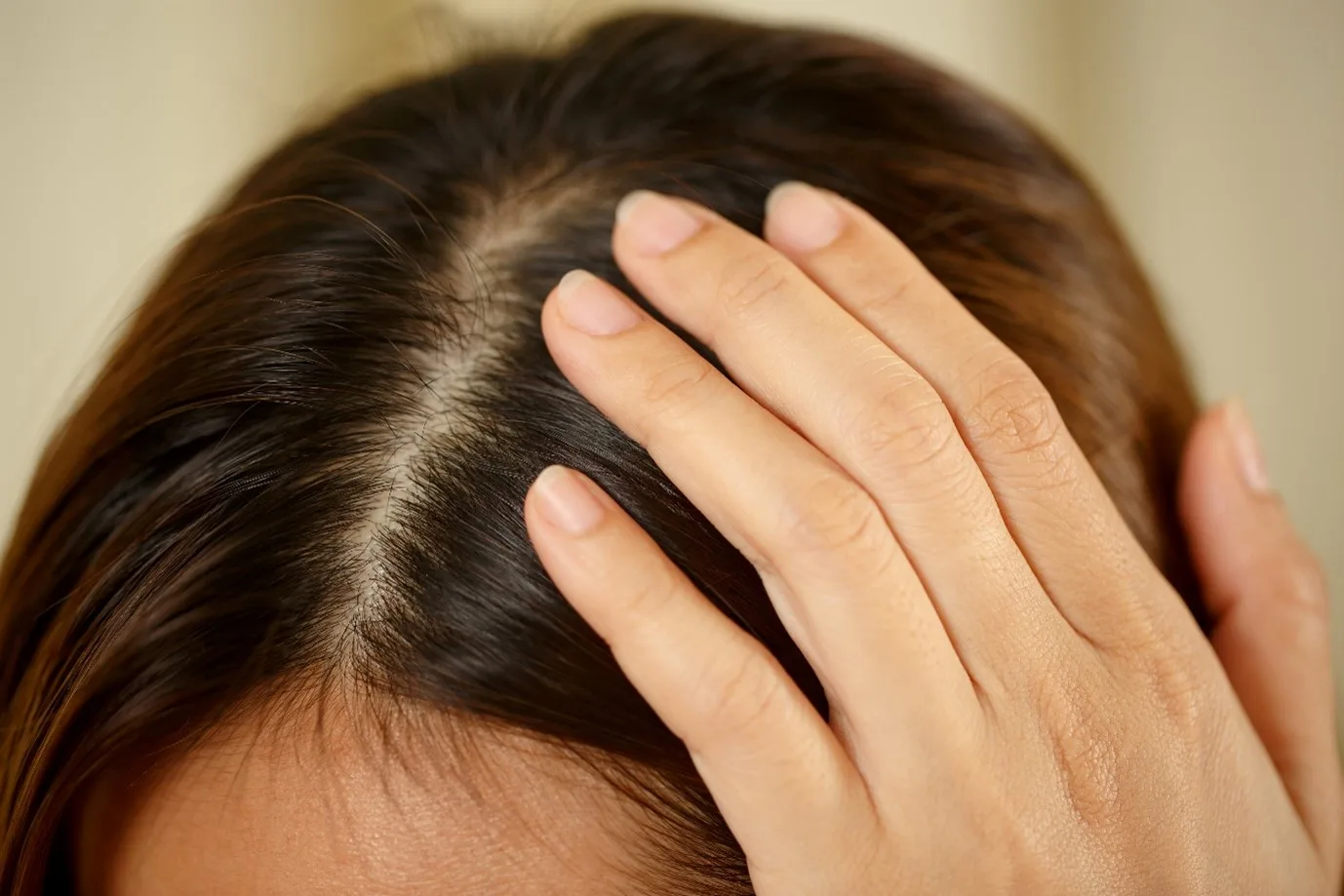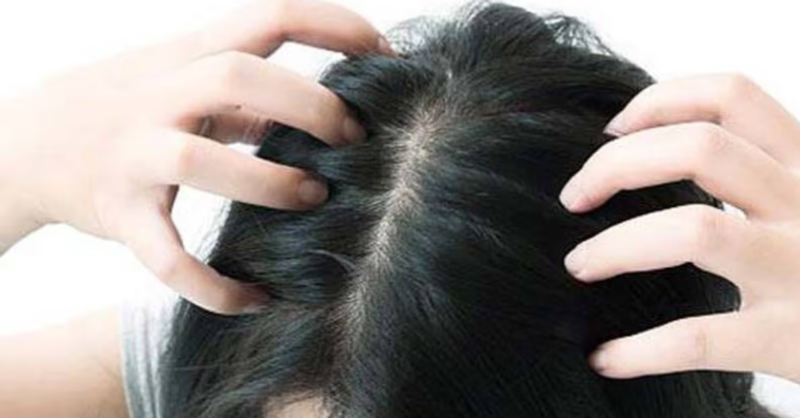Fungal Infections: When Redness Lingers
Fungal infections like ringworm (tinea capitis) cause itching, redness, flaking, and sometimes patchy hair loss.
What to do:
- Consult a dermatologist for a proper diagnosis
- Follow a course of oral antifungal medication and use specific shampoos
- Continue treatment even after symptoms ease to prevent recurrence
Chemical Reactions: Hair Dye Hazards
Hair coloring can trigger allergic reactions, including itching, redness, burning, or even blistering. One common culprit is para-phenylenediamine (PPD), a frequent ingredient in dyes.
How to prevent a reaction:
- Always perform a patch test before applying hair dye
- Opt for natural or ammonia-free dyes if you have a sensitive scalp
Sunburn: Your Scalp Isn’t Immune
The sun can burn your scalp—especially if you have fine hair or are balding. Sunburn leads to itching, redness, and sometimes peeling.
Protect yourself:
- Wear a hat or cap in direct sunlight
- Use a scalp-specific sunscreen spray if needed
- Apply aloe vera to soothe sunburn

Stress and Anxiety: The Nervous Itch
Stress can cause the body to release inflammatory chemicals that trigger itching—known as emotional itching.
How to calm it down:
- Try relaxation techniques like meditation, yoga, or deep breathing
- Use gentle, moisturizing scalp products
- See a healthcare provider if the itching becomes unmanageable
Lice: Still a Thing
Yes, even adults can get head lice, especially if they’re around kids. The itching is typically intense around the ears and the back of the neck.
How to treat lice:
- Use lice-specific shampoos and comb out the nits with a fine-tooth comb
- Disinfect bedding and clothing to prevent reinfestation
Practical Tips to Relieve Scalp Itching
- Use gentle shampoos and avoid very hot water
- Don’t scratch with your nails—it can damage your scalp
- Keep your scalp moisturized, especially in dry weather
- Maintain a balanced diet to support hair and scalp health

When to See a Professional
If the itching continues or is accompanied by redness, plaques, thick flakes, or hair loss, it’s time to consult a dermatologist. Identifying the root cause is key to getting the right treatment.
Scalp itching can be uncomfortable—even disruptive to your daily life. But while there are many possible causes, there’s also a solution for nearly every case. Don’t suffer in silence: with the right diagnosis and care, you can get back to feeling comfortable and at ease.

